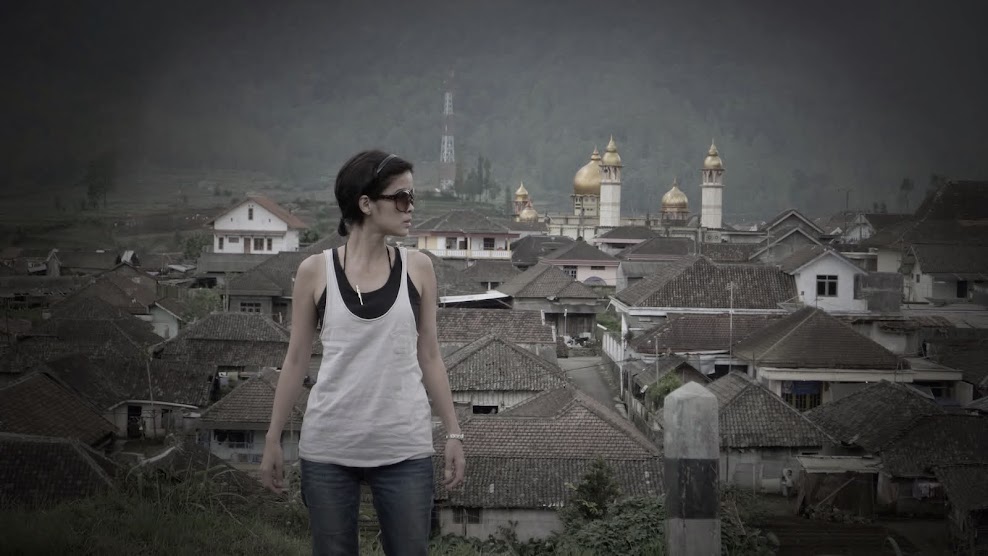Journalists and murder
Posted by | 0The numbers are stark and telling and the stories are almost always the same. The victims are killed mercilessly by suspected state actors. And the reality is, it goes on and on.
Welcome to the Philippines, where journalists are killed for saying the truth and activists forcibly disappear for questioning the establishment. The number of these so-called extra judicial killings (EJK) has risen rapidly through the years because the government has tolerated a culture of impunity in the country.
Because of this, journalists have realized the need to keep these EJK cases in the news so that they are never forgotten. From April 6 to 7, here in Davao City, in the southern Philippines, some two-dozen Filipino journalists finished a two-day workshop on security and human rights reporting.
During the workshop, veteran journalist Jason Gutierrez said that the spate of EJKs and enforced disappearances in the Philippines ‘has dramatically changed’ the aspect of news reporting in the country. Gutierrez said that media practitioners must ensure that the coverage of EJK cases is not put to the backburner.
‘As vanguards of the public’s right to know, media practitioners must make every effort to fight for transparency. Let’s push for transparency,’ he said during the workshop. Gutierrez also said that there is a need to follow up on the developments of the different cases of EJK in the Philippines so that they are not ‘relegated to the back pages of newspapers.’

Putting themselves on the frontline. Photo by author.
The workshop was part of the EU-Philippines Justice Support Program (EPJUST). The program aims to assist the country in resolving EJK cases and putting an end to this.
During the workshop, a technical security expert for EPJUST also provided tips on how journalists can reduce their exposure to harm and danger.
Joseph Erson Reyson discussed personal security and safety for journalists and advised them to regularly change their daily routines to dodge assassins. He said there is a need to be extra careful when covering Mindanao, which has often been the centre of feuding families and warring politicians. Common sense, he said, is very important in our daily security.
‘We should always remember that we are responsible for our own security.’
Most victims of EJK were journalists from different provinces around the country who have covered wars, political conflicts and corruption. That journalists are now working together to keep safe and reduce – if not eliminate – EJKs in the Philippines, is a bold step in keeping democracy in the country alive.



